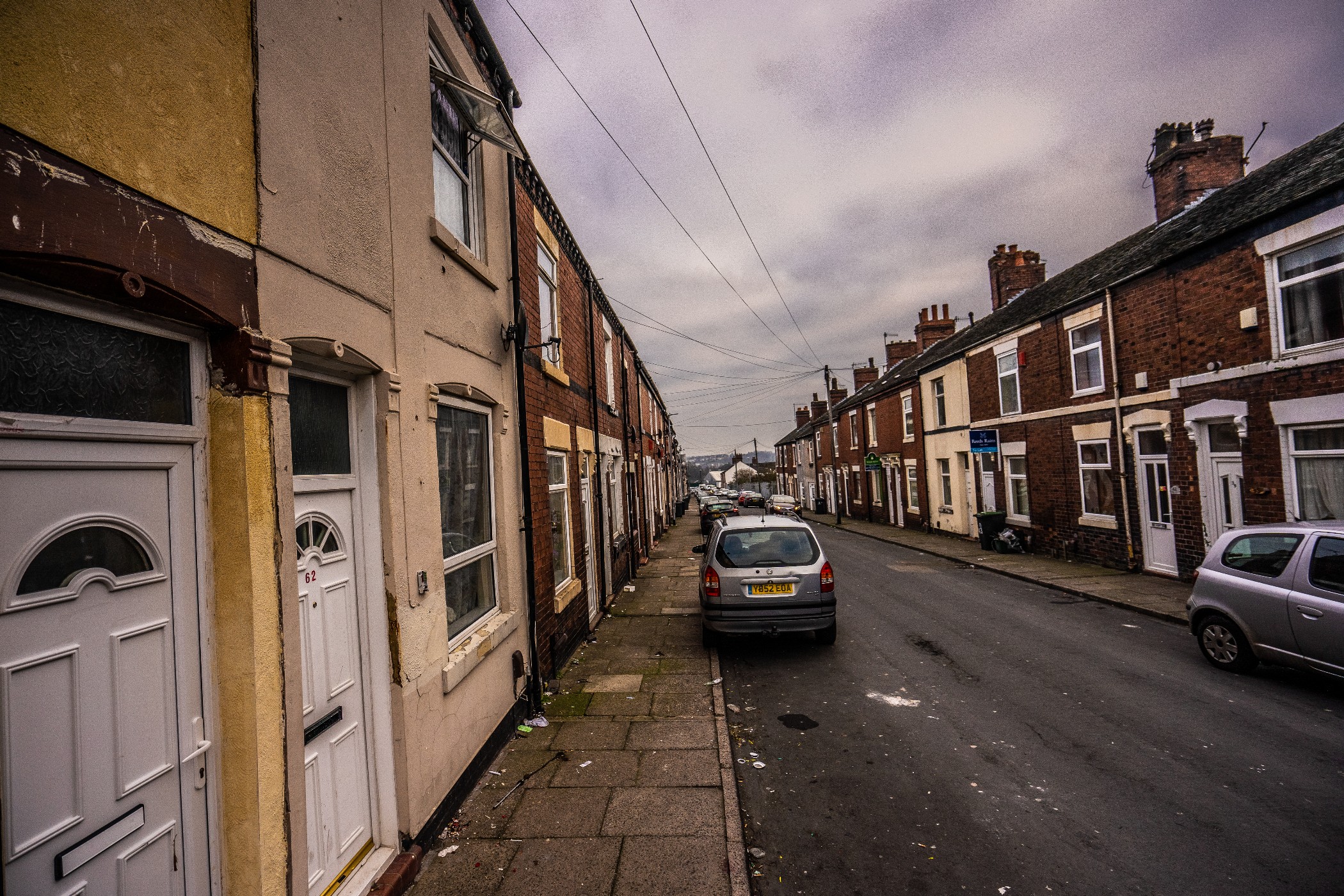Health inequalities is the single biggest injustice in our system.
It is in our collective power as a partnership of organisations to take action on the avoidable, unfair and systematic differences in health between different groups of people.
Whilst Covid-19 has shone a stark light on inequalities, it has also sadly made some of these worse. Our learning from delivering the Covid-19 vaccination programme has shown we can work across organisational boundaries successfully, for a common goal.
Through the partnerships with Public Health, Councils, Voluntary Community Social Enterprise (VCSE) and trusted local voices, we can connect with our communities to improve access and uptake of the vaccine with our most underserved groups, who experience the greatest health inequalities.
This proves that services which have unwarranted variation can and should understand why these variations exist, work with the expertise of Public Health, VCSE, the people they exist to serve and transform to improve access, experience and outcomes.
The reality is services are designed.
If inequalities exist in services, it is because the design of service does not currently meet the needs of the people it should serve. And therefore, conversely inequalities can be designed out of services. This requires a shift in how services are monitored through the data collection; how decisions are made and where resources are placed.
The backdrop to this is of course the unprecedented demand on services and significant backlogs in the NHS. The pressure of addressing demand without a health inequalities lens, poses a significant risk to further widening the gap, as those who have the self-efficacy (self-belief in their own ability) and health literacy, are more able to seek help when they need it, and will continue to do so. Meanwhile those who face barriers to access services, will experience poorer health outcomes, placing pressure on the system downstream.
We recognise this.
To make reducing health inequalities everyone’s business without the risk of it becoming no ones’ business, we commit to clear system leadership on driving the cultural shift in how we operate. Health inequalities cuts across everything we do. Organisational development is required to build awareness, knowledge, skills and clearly set out the relevance to everyone’s role on how they can reduce health inequalities.
Statement of Information
This statement on information on health inequalities (Statement) is given by NHS England further to its duty under section 13SA of the National Health Service (NHS) Act 2006 to publish a Statement setting out a description of the powers available to relevant NHS bodies to collect, analyse and publish information, and the views of NHS England about how those powers should be exercised in connection with such information.
Working with Midlands and Lancashire Commissioning Support Unit, the analysis has been completed and the published document is below:
Herefordshire and Worcestershire ICB Annual Report Health Inequalities Index


